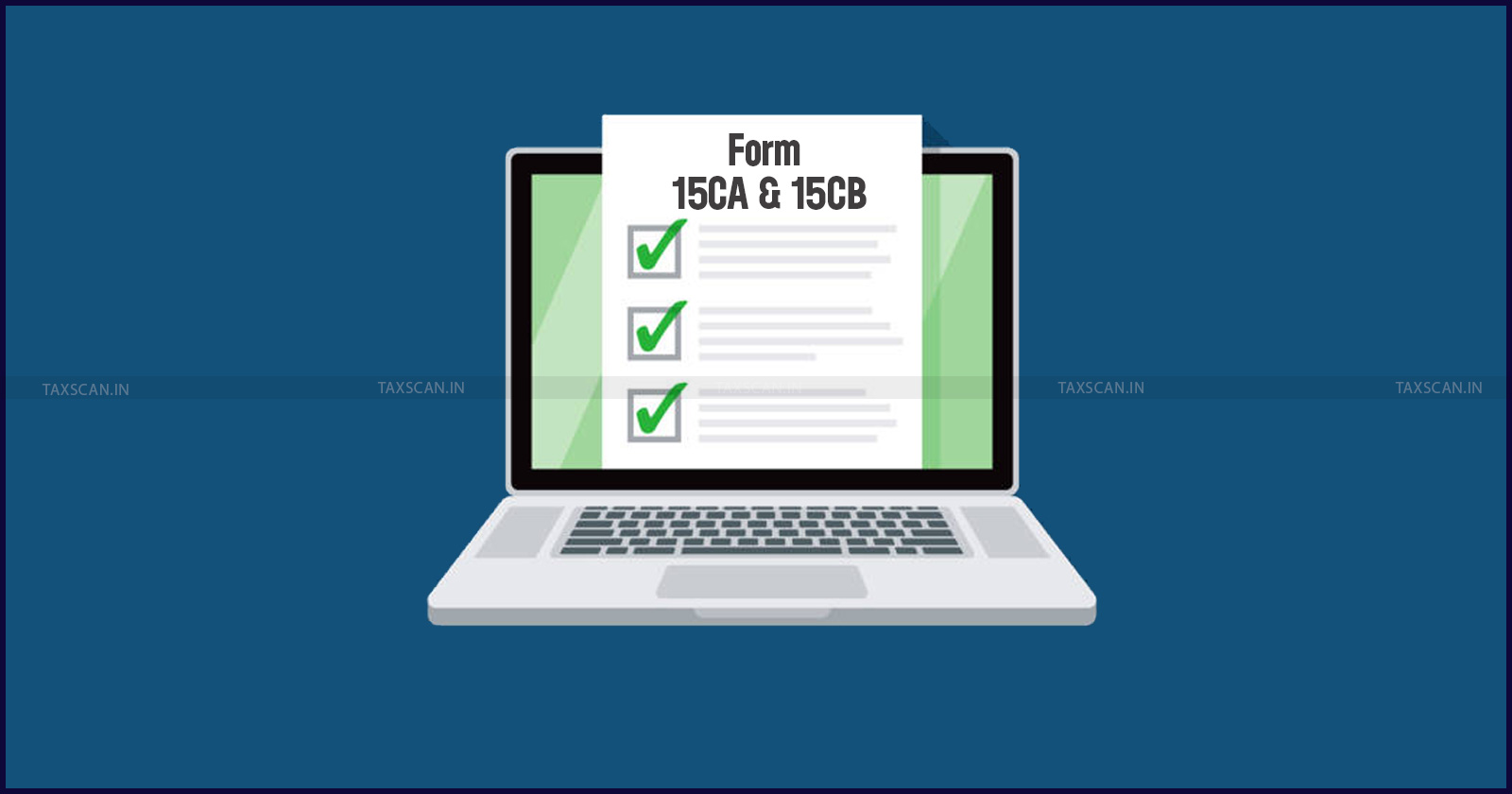15CA - 15CB Filing vs Alternatives: What’s Best for Your Business?
In the evolving landscape of cross-border transactions, compliance with the Indian Income Tax Act becomes essential, especially when remitting funds abroad. Forms 15CA and 15CB play a vital role in ensuring tax compliance. But are they always the right choice? Or are there viable alternatives depending on your business model and transaction type? Let’s break it down.
📌 What Is 15CA - 15CB Filing?
-
Form 15CA: A declaration by the remitter regarding tax deductions on payments made to non-residents.
-
Form 15CB: A certificate from a Chartered Accountant (CA) certifying the details and taxability of such payments.
Both forms are typically required before making any foreign remittance to ensure that the due taxes, if applicable, are paid.
✅ When 15CA - 15CB Filing Is Mandatory
You must file these forms if:
-
You're making a payment to a non-resident.
-
The payment is chargeable to tax under the IT Act.
-
The value of remittance exceeds ₹5 lakh in a financial year (for 15CB).
🔍 What Are the Alternatives?
Depending on the nature and purpose of the foreign remittance, certain remittances may be exempt from 15CA and 15CB filings. Here are the main alternatives:
1. Exempted Transactions (Rule 37BB)
The Income Tax Rules provide a list of 33 types of transactions that are exempt from filing. Some common ones:
-
Imports of goods
-
Travel for business or education
-
Remittances for medical treatment
-
Personal gifts or donations
👉 In such cases, 15CA/15CB is not required.
2. Form 15CA (Part A) Only
For transactions not exceeding ₹5 lakh in a financial year, only Part A of Form 15CA needs to be submitted—no CA certification required.
3. Foreign Tax Treaty Benefits
In some cases, Double Taxation Avoidance Agreements (DTAs) may reduce the TDS burden. A tax residency certificate and other documents may be required to avail of these benefits.
📊 15CA - 15CB Filing vs Alternatives: Comparison Table
| Criteria | 15CA - 15CB Filing | Exempted Transactions | Part A Only |
|---|---|---|---|
| TDS Deduction Required | Yes | No | Usually No |
| CA Certificate Needed | Yes (Form 15CB) | No | No |
| Threshold | Above ₹5 Lakh | Not Applicable | Up to ₹5 Lakh |
| Time & Cost | Higher | Minimal | Low |
| Compliance Complexity | Medium to High | Low | Low |
🚀 What’s Best for Your Business?
-
Startups & Freelancers: If dealing with small foreign payments, explore exempted categories or Part A-only filings.
-
Exporters & Importers: Likely to benefit from exemptions for import/export transactions.
-
Large Corporations: Regular cross-border payments usually require full 15CA-15CB compliance. Automating this process with expert help saves time and risk.
💡 Pro Tip: Don’t Assume, Confirm
Even if a transaction seems exempt, it's best to consult with a CA before skipping Form 15CB. The wrong move could lead to penalties.
🧾 Conclusion
15CA and 15CB filings ensure that your foreign remittances stay within the bounds of Indian tax laws. While they are essential for many transactions, knowing the exemptions and thresholds can save you time and money.
Choose your compliance route based on transaction nature, frequency, and amount. And when in doubt, take expert help to stay safe and penalty-free.
